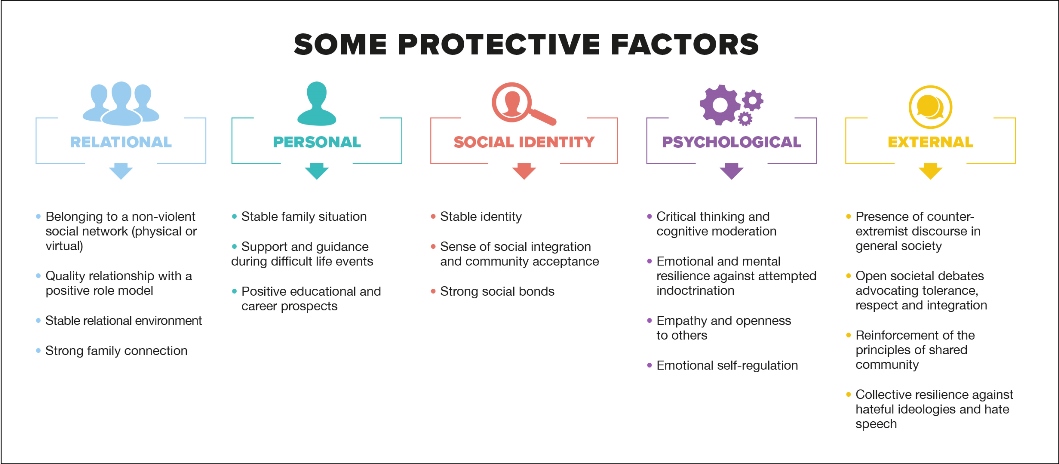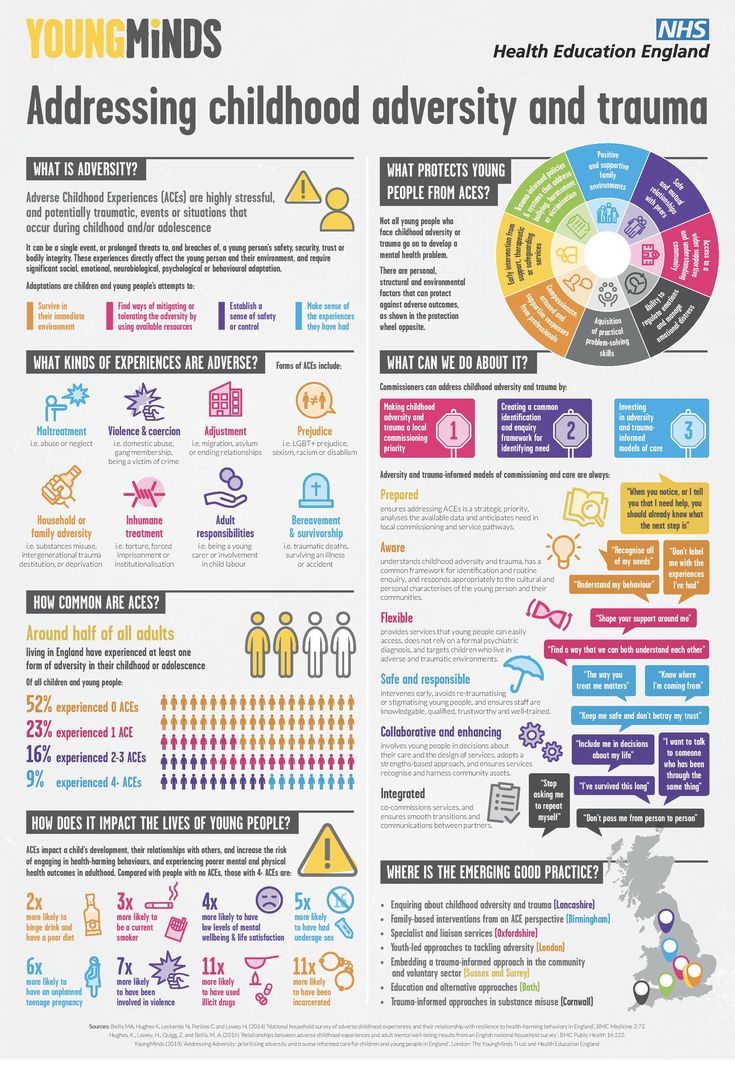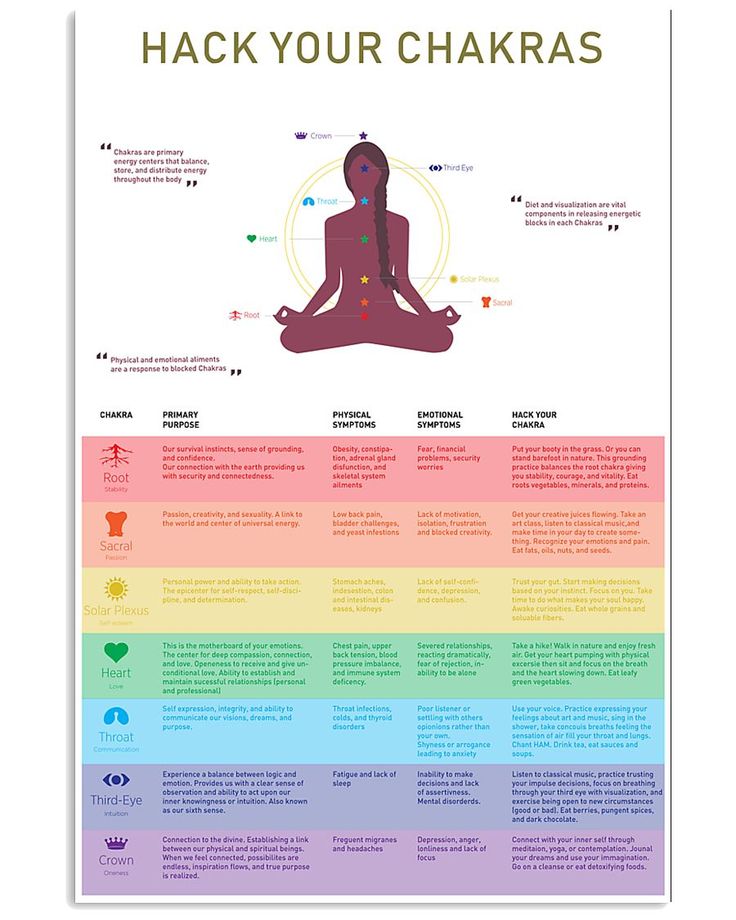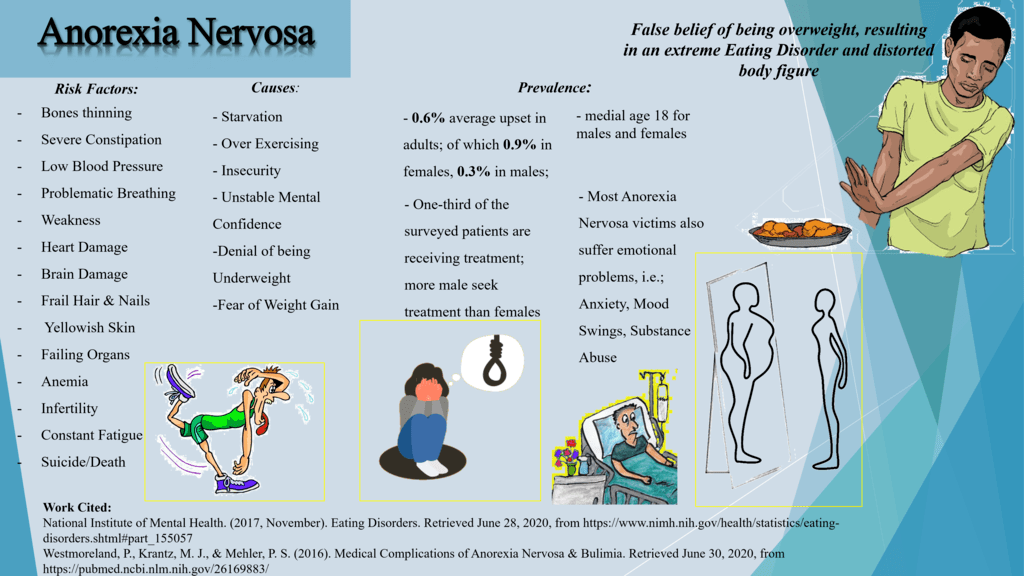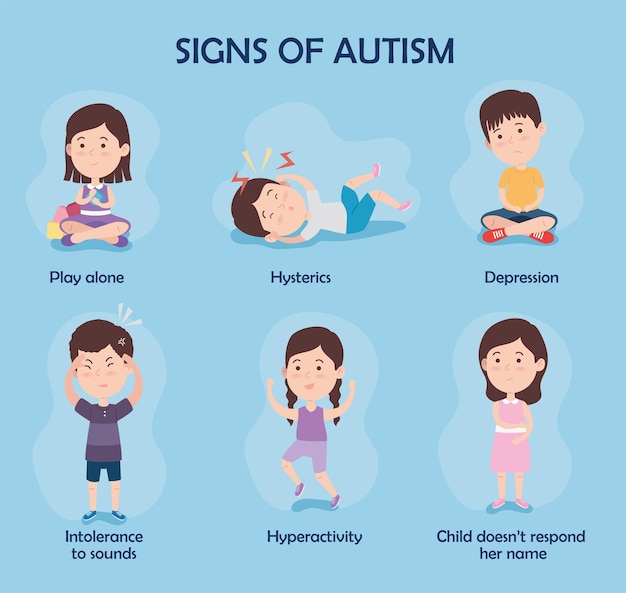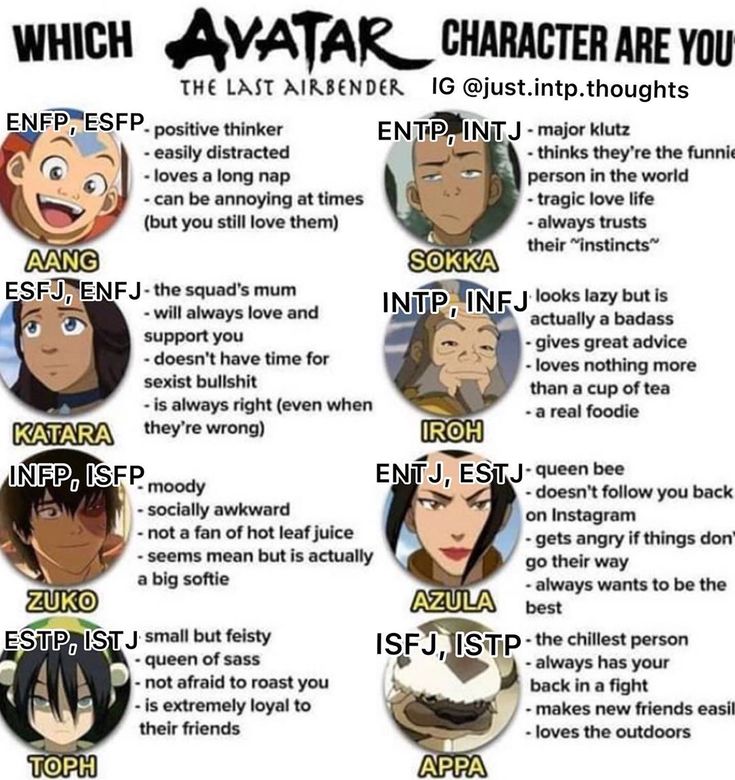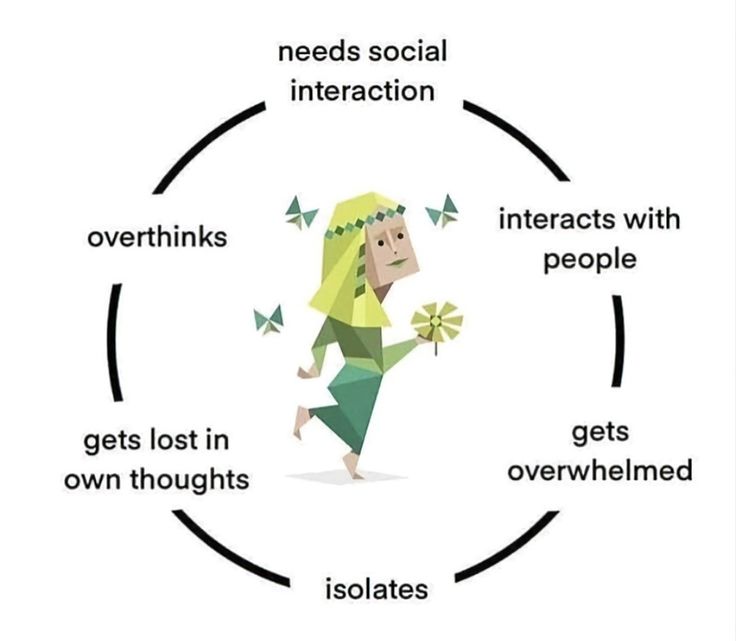Strong sense of identity
Why It’s Important and How to Develop It
Your sense of self often reveals your perspective of who you are your intrinsic value.
Each person holds a mental mirror within that reflects how you judge yourself and your identity, for better or worse. The image you have of yourself in your head is what psychologists call “self-concept,” or your sense of self.
Your sense of self and how you perceive your identity can influence how you view your successes, failures, and overall purpose in the world.
Possessing a strong sense of self involves looking within to gain personal insight at how you value, think, and feel about yourself.
Sense of self is how you perceive yourself as a whole. It’s how your unique identity sets you apart from others.
Also referred to as self-concept, sense of self often guides your judgement and can also influence your temperament and behavior.
This sense of identity — who and what you believe you are — is often multifaceted. It can encompass perception of your values, personality, and relationships.
You might perceive yourself differently based on roles you fill in your life, such as a parent or sibling, compared to your other roles at work and in your personal life. And yet, you are still the same person.
‘Strong’ sense of self
Accepting yourself for who you are can be an important element for building a strong sense of self. Understanding that no perfect human being exists and that everyone makes mistakes at times can also strengthen your sense of self.
A strong sense of self — the extent to which a person may enjoy a clear and coherent sense of self — is sometimes called “self-concept clarity.”
For example, people who have have faith in their self-worth are often less likely to fall apart when criticized. Or, you might be more comfortable taking a risk because you have more confidence in your ability to bounce back when things don’t work out.
‘Poor’ sense of self
People who don’t possess a strong sense of self might have a “loud” or persistent inner critic — a nagging voice inside your head that can tear down your confidence and leave you feeling hopeless.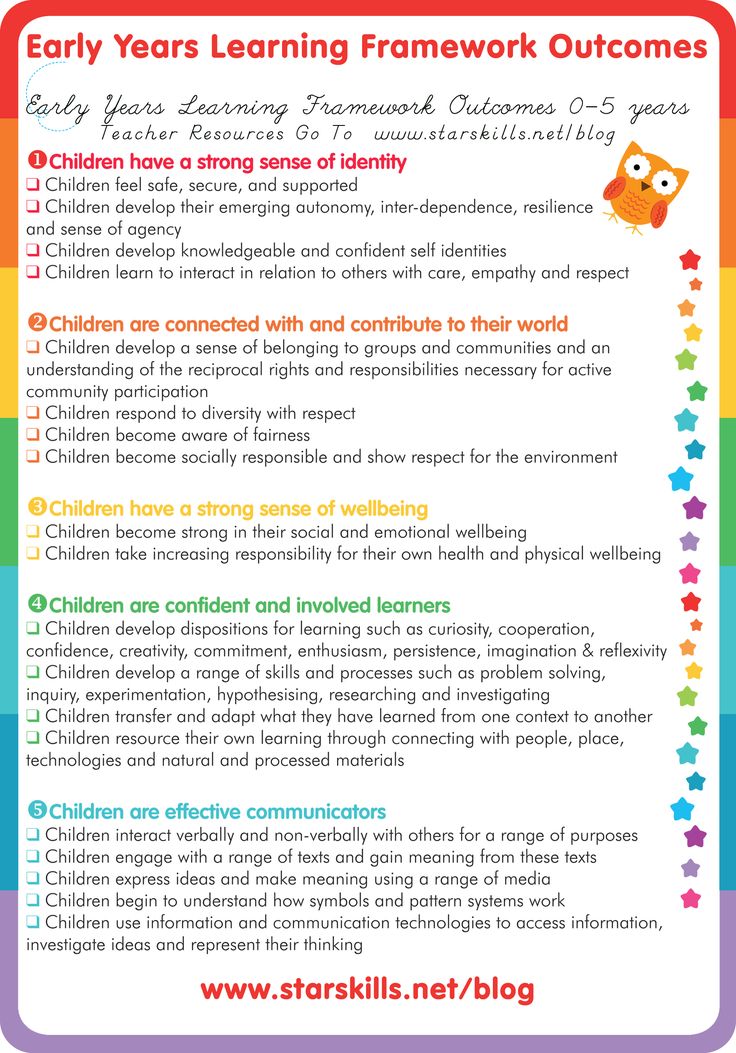
Signs that your sense of self might need a boost include:
- difficulty making decisions
- people-pleasing behaviors
- feeling “directionless”
- constant self-criticism
Authenticity and a strong sense of self
Striving to be authentic can lead you to a stronger sense of self. Researchers regard authenticity as the most fundamental aspect of well-being and the essence of healthy functioning.
Jill Osborne, a licensed counselor from Georgia, says part of living your authentic self is being honest with yourself and others about who you are, both with your strengths and short comings.
Authenticity can also mean being open to change if necessary, she says.
If you take the time to think about your beliefs and are willing to take a stand on something that is important to you, then it’s likely that you have a strong sense of self.
Research from 2014 indicates a coherent sense of identity may be associated with a person’s self-esteem and sense of purpose.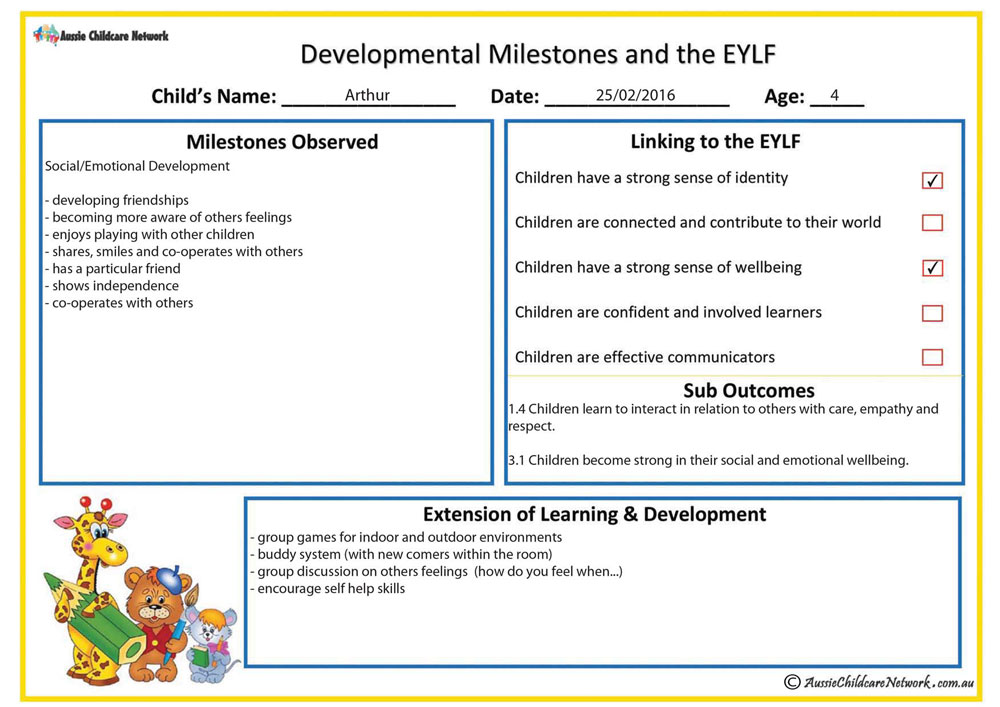
A strong sense of self can allow you to trust your abilities and judgement, as well as maintain self-confidence to set goals and accomplish them.
Effects of low sense of self
On the other hand, some research indicates that being unclear about your self-concept may be connected to:
- low self-esteem
- chronic self-analysis
- high neuroticism
Such uncertainty could spark negative or unhelpful thinking that can harm your mental health over time.
For example, your sense of self could deteriorate or weaken if you repeatedly say things like:
- “I’m not good enough”
- “I’m stupid”
- “I look ugly”
- “nobody likes me”
Strong personal belief in your value and what you have to offer is a key factor in developing or maintaining a strong sense of self.
Growing up in a stable household with supportive parents or caregivers can often be the “seed of self-worth” that continues to grow with you as you become an adult, notes Osborne.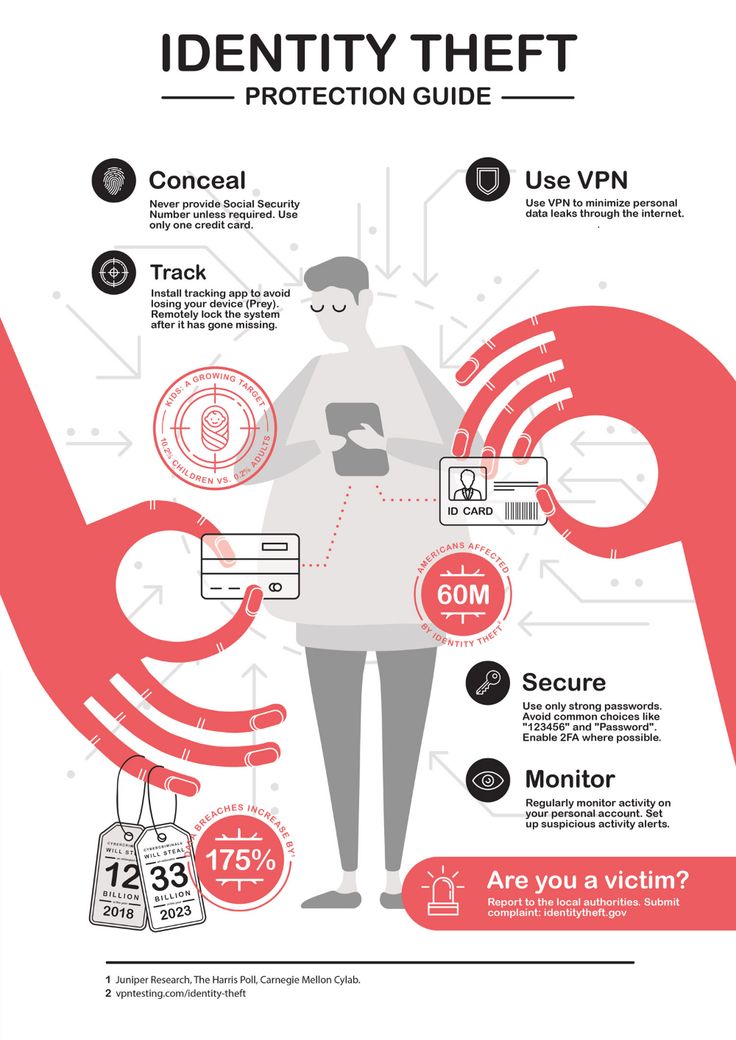
People who have a poor vision of themselves may have experienced abuse or trauma. Osborne says she reminds her clients that bad things that happened to you in the past don’t have to take over and define how you view yourself or live your life today.
Your internal dialogue and inner critic can reveal important clues to what you like or dislike about yourself, guiding you to consider traits you might want to improve and illuminating others that may deserve to be celebrated.
Here are some things to consider on developing and strengthening your sense of self.
Nurture yourself
“Anything you can do to nurture the positive side of yourself can help,” notes Osborne.
If you feel disconnected to your true self, consider how you spend your free time and whether your activities send messages that support and build confidence.
Surround yourself with support
Surrounding yourself with supportive people can help you see the best in yourself, which can strengthen your sense of self.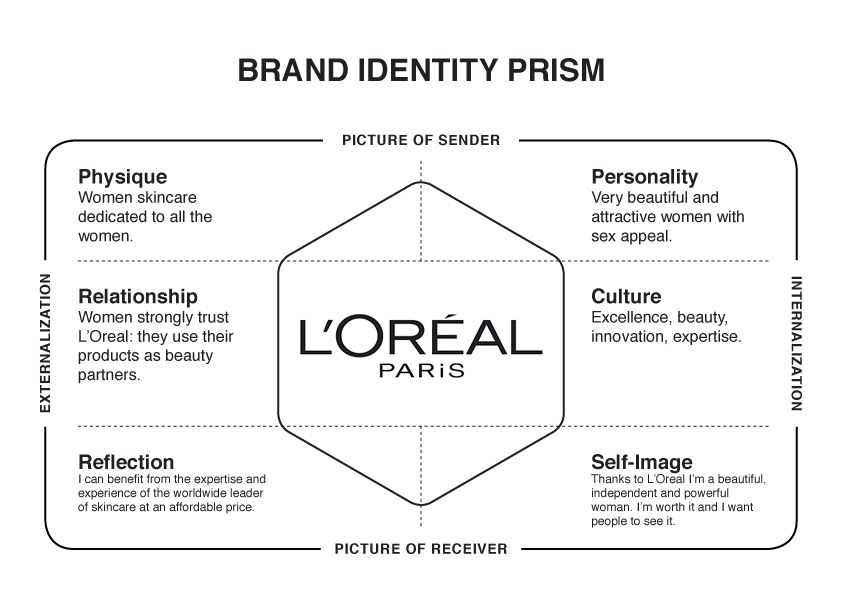
Turning to faith or spirituality can also be beneficial for developing sense of self.
Osborne, who relies on her faith for strength, says that having a spiritual path — or “something bigger than yourself” — can help ground you and offer support when times are tough.
Heal past wounds
Addressing emotional wounds and healing from past traumas can be helpful in improving your sense of self, Osborne explains.
Seeking therapy is one way to address a low sense of self. A therapist or counselor can help you identify possible causes for lacking confidence or disconnection with yourself. They can also teach you important coping skills and strategies for building confidence.
Your sense of self — how you perceive your value — may be connected to your self-esteem and feeling like you understand your “purpose” in life.
When you don’t have a strong sense of self, you might feel directionless or overly critical of yourself.
A strong sense of self may be connected to your belief in yourself, or rooted in your upbringing.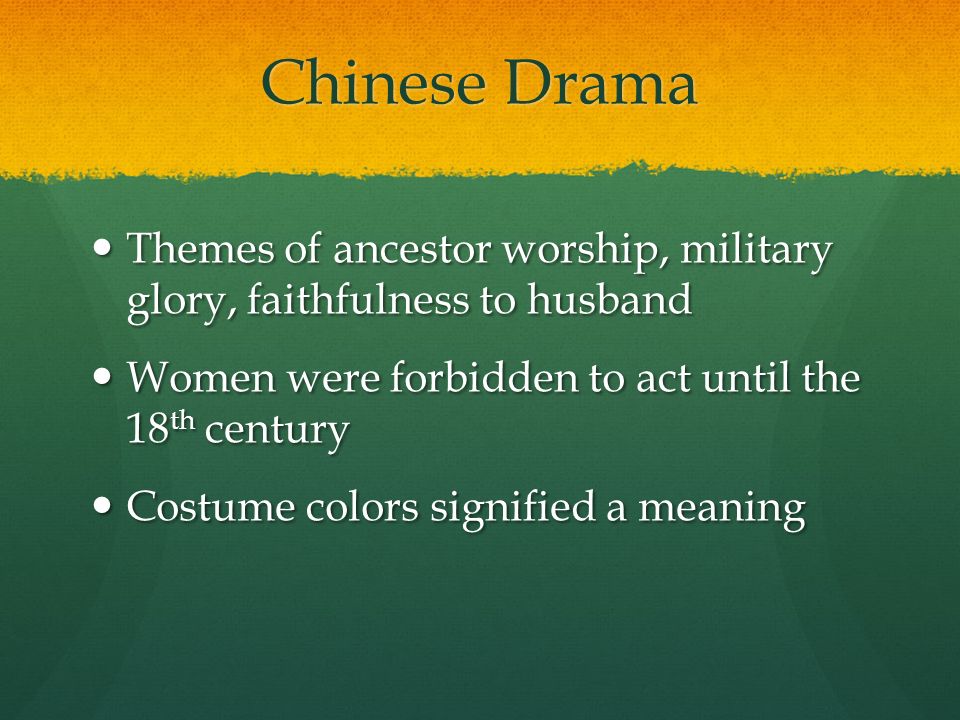 People who lack a strong sense of self may have experienced adverse or traumatic events.
People who lack a strong sense of self may have experienced adverse or traumatic events.
Understanding the totality of who you are can foster a deep appreciation of your sense of self. Embracing the positive aspects of your personality bolsters your self-esteem and can support you in living an authentic life.
Consider the following to help cultivate a strong sense of self:
- Take time to analyze what your thoughts say about the type of person you are. Do you think of yourself as someone who is smart, funny, kind, and competent?
- Try to believe in who you are and the person you can become. Thinking of yourself as a “work in progress” can help lower the volume on your inner critic.
- Exercise your mental muscle of self-awareness. Regular examination of how you think and feel about yourself can foster greater insight and appreciation of your sense of self.
Therapy can also help you sort out any negative feelings about yourself. If you’re ready to get help but don’t know where to begin, check out Psych Central’s guide to finding mental health support.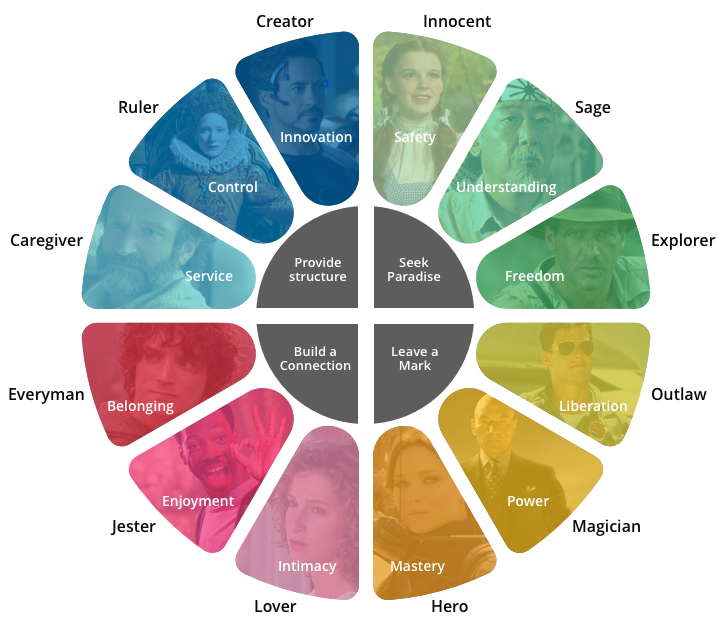
How To Develop Your Sense Of Self, According To Therapists
Defining a sense of self.
Your sense of self is essentially your self-image. Having a "strong sense of self" is simply knowing who you truly are and what you stand for, according to holistic psychotherapist Sonia Fregoso, LMFT. It starts by evaluating and concretizing qualities like your convictions, values, wants, needs, desires, principles, truths, beliefs, behaviors, roles, likes, dislikes, etc.
"Having a sense of self is vital to our mental, physical, emotional, and spiritual health. It becomes our internal compass for every interaction with others," she says. "Your sense of self tells you what boundaries you need to place with others and [how to] make decisions that will serve you. It also enables you to reflect on the things that don't serve you and evolves to help you survive, adapt, and ultimately thrive."
Think of it like this: Your sense of self functions as your bouncer, reminding you of your higher purpose. You'll feel OK releasing what's not right for you because you know you are energetically clearing space for the paths you are genuinely destined for. It easily centers what's authentically best for you, helping you navigate various complex situations.
You'll feel OK releasing what's not right for you because you know you are energetically clearing space for the paths you are genuinely destined for. It easily centers what's authentically best for you, helping you navigate various complex situations.
"This knowing of yourself includes all of your identities, beliefs, values, traits, and intersections of these concepts," Fregoso says. She notes that other people will inevitably affect the way you view yourself, but ultimately it is an internal process. "That's not to say that our sense of self does not come from external input. Some of it does. But for the most part, our sense of self comes from our definition and view of ourselves. Only you can define who you are."
Signs you have a strong sense of self:
1.
You make decisions that are best for you independently.
A person who has a strong sense of self knows what's right for their life and what will give them the most happiness, even if others can't make sense of it.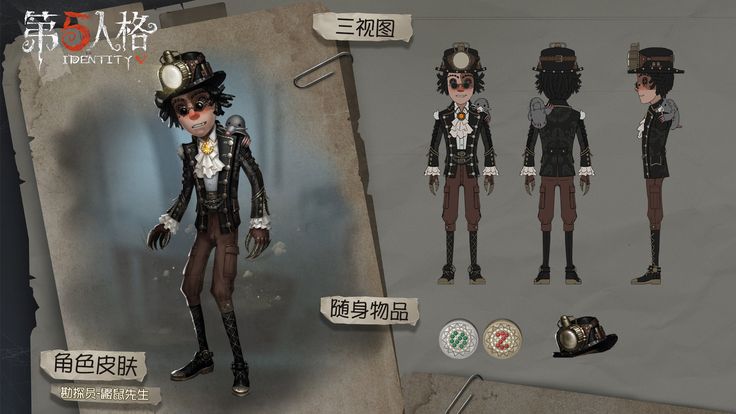 You can make choices of all kinds (small, big, difficult, life-altering) with confidence because it aligns with your unique identity, and you accept yourself completely. There's not a lot of indecision or inherent second-guessing. People may want you to choose differently, but you're satisfied going your own way and taking responsibility for your life.
You can make choices of all kinds (small, big, difficult, life-altering) with confidence because it aligns with your unique identity, and you accept yourself completely. There's not a lot of indecision or inherent second-guessing. People may want you to choose differently, but you're satisfied going your own way and taking responsibility for your life.
As licensed therapist Yesenia C. Dominguez, LCSW, puts it, "A self-sufficient person is not overly dependent on others and is not controlling of things that are outside of themselves. They can manage their emotions without acting them out on other people."
Advertisement
This ad is displayed using third party content and we do not control its accessibility features.
2.
You have high regard for yourself.
You have your own hobbies, passions, and ambitions that are just for you because they're nourishing to your soul and well-being. You can admit you have flaws (we are all human after all!), and you're confident trying new things and learning new things about yourself to express different sides to your personality. That quality is a strong marker of high self-esteem.
That quality is a strong marker of high self-esteem.
"This person knows what they are good at and recognizes the things they are not good at without feeling bad about it. An example is, I can recognize that I may not be good at math, but I am good at working with people," Dominguez says.
3.
You are your own best advocate.
Fregoso says having a strong sense of self means that you're able to set firm boundaries and express your feelings properly. If you don't have a strong sense of self, you won't be able to individuate yourself cleanly from others, and as a result, you may resort to people-pleasing and overaccommodation.
"Having a strong sense of self matters every day and in every situation. Without a sense of self, people feel lost, indecisive, anxious, depressed, and many times hopeless or worthless," Fregoso says. If you don't understand yourself very well, you run the risk of turning down expansive things that you could love and saying yes to things that aren't right for you.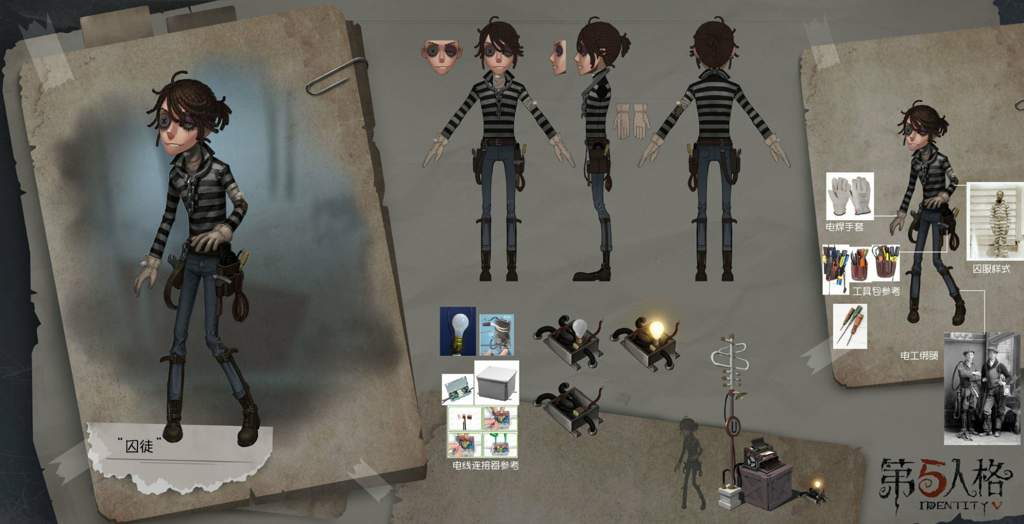
Advertisement
This ad is displayed using third party content and we do not control its accessibility features.
4.
You feel good about your development as a person.
Fregoso says being able to reflect honestly on your growth and evolution as a person is a huge indicator that you know who you are, aka have a strong sense of self. While there may have been twists and turns in your journey, you feel assured in your past decisions because they were right for you at the time. There's little gap between who you are and who you want to be because you're actively merging your multiple selves (platonic, work, romantic) into one cohesive identity. You're mutable enough to know you can live many different lifetimes throughout the course of your life, and you're not shaping your priorities by what will garner you the most acceptance from others.
5.
You are receptive to the ebbs and flows of life.
Change can be terrifying, but it's a given. Someone with a strong sense of self can manage any curveball tossed in their direction; for example, they're able to stay firm in their self-worth even after losing a job and know how to maintain self-esteem even after a breakup.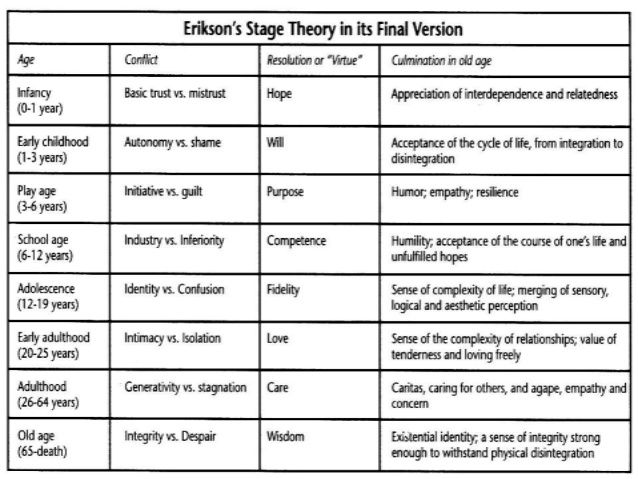 You have a strong faith in your ability to handle adversity and uncertainties. At the end of the day, you know those challenges are another opportunity for you to experience new aspects of yourself.
You have a strong faith in your ability to handle adversity and uncertainties. At the end of the day, you know those challenges are another opportunity for you to experience new aspects of yourself.
"You're open to change. A person with a strong sense of self will adapt to their environment. It's natural to have fears and anxiety about change, but they find a way to keep on going through these changes," Dominguez says.
Advertisement
This ad is displayed using third party content and we do not control its accessibility features.
6.
You are emotionally intelligent and know how to tune into what's happening internally.
"This is a difficult one to accomplish and comes with practice, often in therapy," Dominguez notes. "But becoming aware of the things that trigger certain emotions and doing something with that information feels right for your journey." You aren't drawn to make decisions that don't honor your moral code because there's a spiritual alignment at play.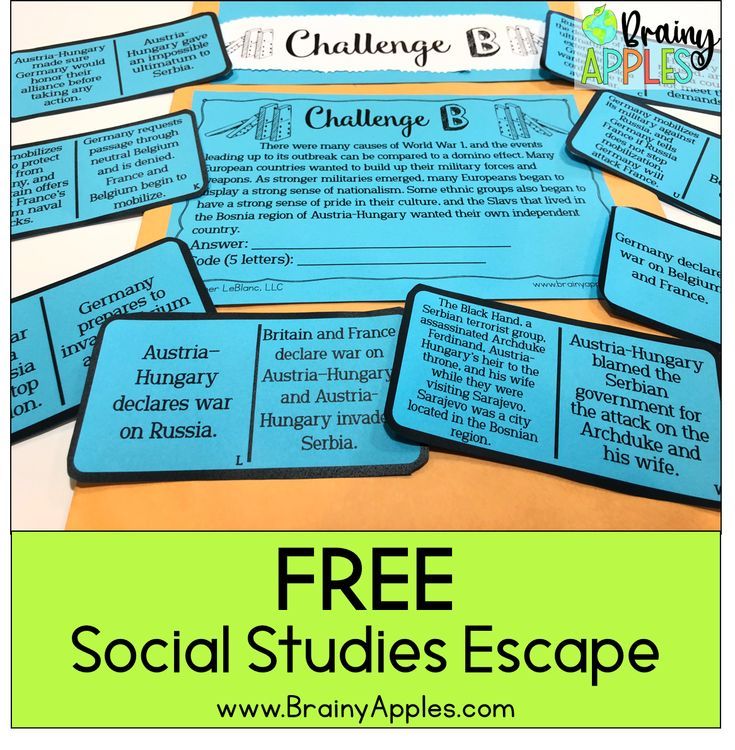 You're connected to yourself and can apply healthy and appropriate reactions to anything that pops up.
You're connected to yourself and can apply healthy and appropriate reactions to anything that pops up.
Tips for developing your sense of self:
List your identities and how each one affects you.
"How does your race, class, gender affect you? Are you an only child, or do you have siblings? Are you a student or professional? Every identity you can come up with will help you get to know yourself," Fregoso says.
Get to know yourself from a societal, collective level and how it trickles down to how you individually view yourself. When you're categorizing yourself into these different buckets as an exercise, don't think of it like you're boxing yourself in. Instead, it's dedicated time to understand how these different identities may have influenced certain beliefs or behaviors for you. By knowing these distinctions, it makes it easier to sift through what organically came from you and what was drilled into your head by others.
Advertisement
This ad is displayed using third party content and we do not control its accessibility features.
Look into your lineage.
Fregoso recommends looking into your family history to gain insight into your story from an intergenerational perspective. "Do you know who your ancestors are beyond your great-grandparents? What is their story?" Knowing your family and their past can strengthen your value system, which can help color your beliefs, thoughts, and worldview with more cultural awareness.
Write out your beliefs about yourself, others, and the world.
"Examine where they come from. Do they come from you, family, or society? Identifying beliefs and values that come from within yourself will help build a stronger sense of self," Fregoso says.
It helps articulate language around who you are, adding to increased self-awareness and a more unyielding self-image. For example, you may realize you're not interested in typical 9-to-5 jobs and prefer to structure out your own schedule in a creative environment, leading you to turn down that corporate job in pursuit of what fits you better. This all helps you learn how you can interact with the world in a beneficial manner.
This all helps you learn how you can interact with the world in a beneficial manner.
Learn how to set healthy boundaries.
While you're developing your sense of self, you may realize there are certain attributes that are fundamentally important to you and the types of boundaries you need. It's important you can convey that to the people in your life so they can help you affirm it as well. "Practice assertive communication skills," Dominguez advises. "These are things that can be extremely difficult for people and with some practice can improve your relationship with yourself and with others in your life."
The bottom line.
Your strong sense of self will anchor you into who you are as a person, ensuring you live a life where you feel empowered to take advantage of the opportunities that will benefit you in the best way possible.
"I encourage you to see this as a journey to finding your sense of self rather than a destination. Be gentle with yourself like you would be to a close friend or family member," says Dominguez.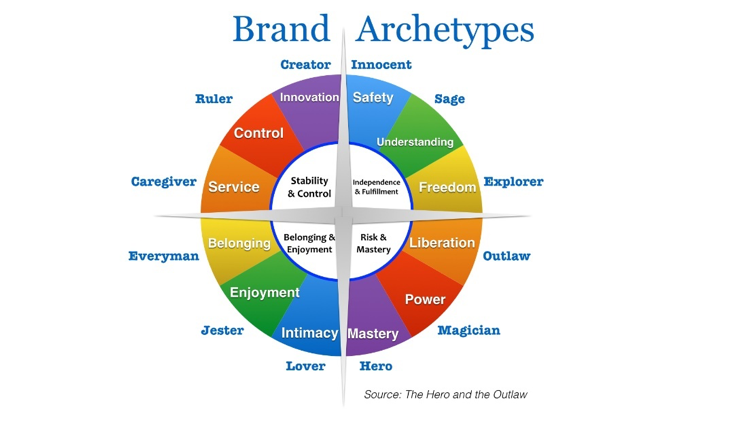 "Your relationship with yourself is the most important one you will have since you will always be with yourself, and it requires nurturing."
"Your relationship with yourself is the most important one you will have since you will always be with yourself, and it requires nurturing."
how national identity is formed and why it is needed
The diversity of the modern world — racial, ethnic, religious, gender — is a value. “Experiencing different ways of thinking and acting can stimulate innovation, creativity, and entrepreneurship,” explains economist and political scientist Francis Fukuyama in his book on the phenomenon of identity and its role in current political processes. T&P publishes an abridged chapter, "We the People", in which Fukuyama describes what a national identity is built on and why the economic prosperity of the state depends on it.
Identity. The desire for recognition and the policy of rejection
Francis Fukuyama
Alpina Publisher. 2019
[…] A weak sense of national identity has long been a serious problem in the Greater Middle East, where Yemen and Libya have become failed states, and Afghanistan, Iraq and Somalia are rocked by internal insurgencies and chaos. Other developing countries are more stable but still face challenges due to a weak sense of national identity. It is this problem that is one of the main obstacles to the development of Black Africa. Kenya and Nigeria are experiencing an ethnic and religious split; stability is maintained only because different ethnic groups alternately come to power to plunder the country. The result is high levels of corruption, poverty and economic stagnation.
Other developing countries are more stable but still face challenges due to a weak sense of national identity. It is this problem that is one of the main obstacles to the development of Black Africa. Kenya and Nigeria are experiencing an ethnic and religious split; stability is maintained only because different ethnic groups alternately come to power to plunder the country. The result is high levels of corruption, poverty and economic stagnation.
In contrast, national identities in Japan, Korea, and China were well developed long before these countries began to modernize—even before the clash with Western powers in the 19th century. Impressive rates of their growth in the 20th and early 21st centuries. partly due to the fact that these countries did not have to resolve internal issues of identity, opening up to international trade and foreign investment. They had to suffer from civil wars, occupation and division. But once the crises were resolved, these countries could build on pre-existing statehood traditions and national goals.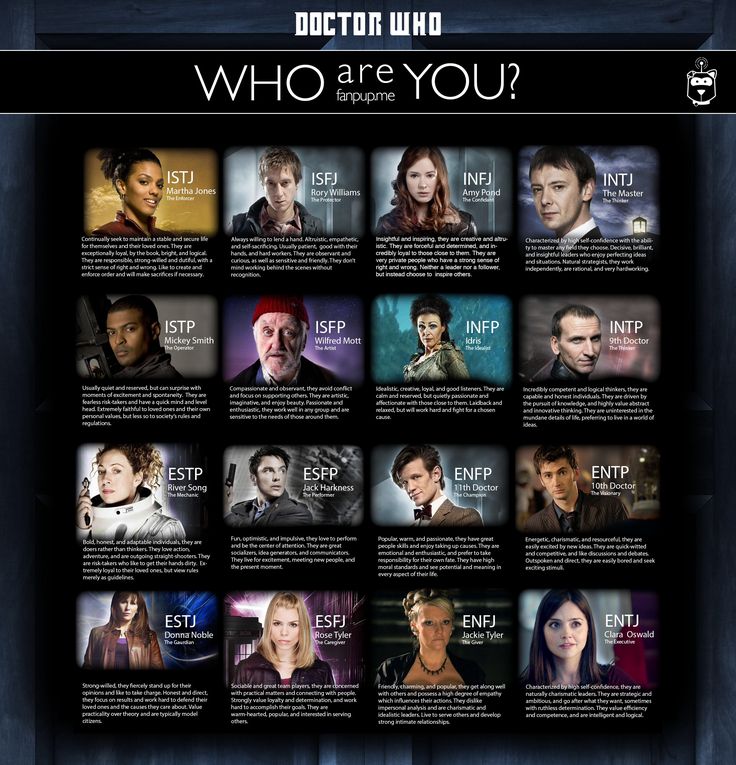
National identity begins with a shared belief in the legitimacy of a country's political system, whether it is democratic or not.
Identity can be enshrined in official laws and institutions that determine how the country's history is taught in schools or which language will be the official national language. However, national identity also extends to the sphere of culture and values. It consists of stories that people tell about themselves: where they came from, what holidays they celebrate, what is stored in their common historical memory, what is needed to become a true member of society.
Yenching ("yanjing" in Mandarin, lit. "Capital of Yan") is an ancient poetic name for Beijing. […] Diversity generates interest and enthusiasm. In 1970, Washington was a pretty boring biracial city, and the most exotic place was the Yenching Palace* restaurant on Connecticut Avenue. Today, the Washington metropolitan area has become a place of incredible ethnic diversity: here you can, moving from one small ethnic enclave to another, taste Ethiopian, Peruvian, Khmer or Pakistani cuisine. The internationalization of the city turned out to be beneficial for other reasons: gradually, Washington gained popularity among young people, and they brought with them new music, art, and technology; entire neighborhoods were formed that did not exist before. The history of Washington has been replicated in every other major city in the world, from Chicago to San Francisco, from London to Berlin.
The internationalization of the city turned out to be beneficial for other reasons: gradually, Washington gained popularity among young people, and they brought with them new music, art, and technology; entire neighborhoods were formed that did not exist before. The history of Washington has been replicated in every other major city in the world, from Chicago to San Francisco, from London to Berlin.
Diversity is also critical to resilience. Ecological biologists point out that artificially created agricultural monocultures are often vulnerable to disease due to the lack of genetic diversity in the population. In fact, genetic diversity is the engine of evolution based on genetic variation and adaptation. The general concern about the loss of species diversity around the world is driven by a threat to long-term biological sustainability.
Finally, there is the question of the individual's search for identity. People often resist absorption into more powerful cultures, especially if they weren't born into them.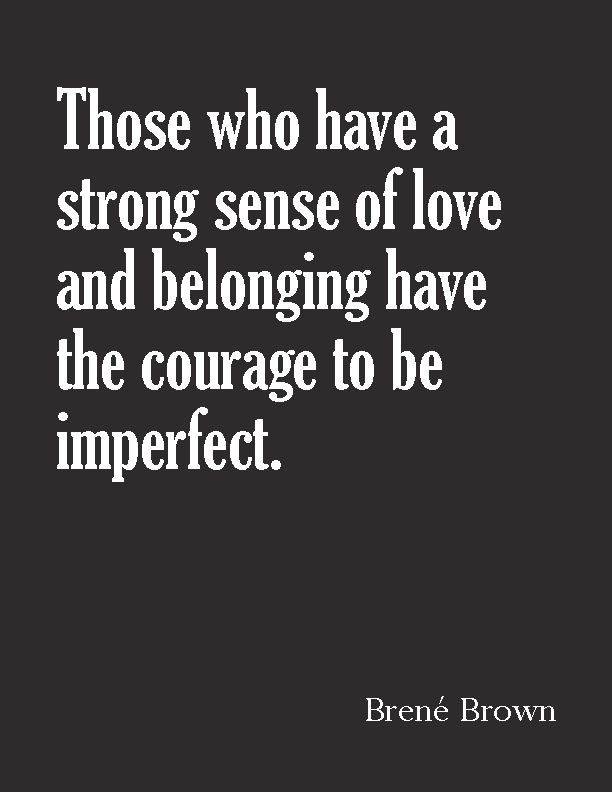 They want their personalities to be recognized and appreciated, not repressed. They want to feel connected to their ancestors, to remember their roots. Even without being part of a particular culture, people want to preserve the world's endangered indigenous languages and customs that are reminiscent of the old way of life.
They want their personalities to be recognized and appreciated, not repressed. They want to feel connected to their ancestors, to remember their roots. Even without being part of a particular culture, people want to preserve the world's endangered indigenous languages and customs that are reminiscent of the old way of life.
On the other hand,
diversity is not always a blessing. Syria and Afghanistan are extremely diverse, but they breed violence and conflict, not creativity and resilience.
In Kenya, diversity exacerbates conflicts between ethnic groups and fuels political corruption. Ethnic diversity had torn apart liberal Austria-Hungary for decades, even before the outbreak of the First World War, until the peoples who inhabited it finally decided that they could no longer live in a common political structure, which led to the collapse of the empire. Vienna melting pot, late 19th century gave the world Gustav Mahler, Hugo von Hofmannsthal and Sigmund Freud. But as the narrower national identities within the imperial one—Serbs, Bulgarians, Czechs, and Austrian Germans—recognized themselves, the region shook with violence and intolerance.
But as the narrower national identities within the imperial one—Serbs, Bulgarians, Czechs, and Austrian Germans—recognized themselves, the region shook with violence and intolerance.
During this period, national identity was infamous precisely because it was associated with an exclusive, ethnically based sense of belonging known as ethno-nationalism. This type of identity involves the persecution of people who are not part of an identifiable group and aggression against other countries on behalf of (or for the protection of) compatriots living in them. The problem, however, is not the very idea of national identity; the problem lies in the narrow, ethnically based, intolerant, aggressive, and deeply illiberal form that national identity takes.
But this situation is by no means a historical inevitability.
A national identity can be built on liberal and democratic values and common experiences that
form a solid foundation on which communities can flourish. Similar attempts have been made in India, France, Canada and the United States. A measure of the inclusiveness of national identity remains critical to maintaining an effective modern political order for a variety of reasons.
Similar attempts have been made in India, France, Canada and the United States. A measure of the inclusiveness of national identity remains critical to maintaining an effective modern political order for a variety of reasons.
The first is physical security.
The extreme manifestation of what a lack of a sense of national identity can lead to is the collapse of the state and civil war,
as, for example, in Syria or Libya, as mentioned above. But even if it doesn't come close to that, a weak sense of national identity creates other serious security threats. Large political units are stronger than smaller ones and can better defend themselves. They have more opportunities to create an international environment that meets their interests. Great Britain, for example, would not have had some of the political influence in the geopolitical arena that it had several centuries ago if Scotland had retained its independence. The same can be said about Spain, if Catalonia, the richest region of the country, were separated from it.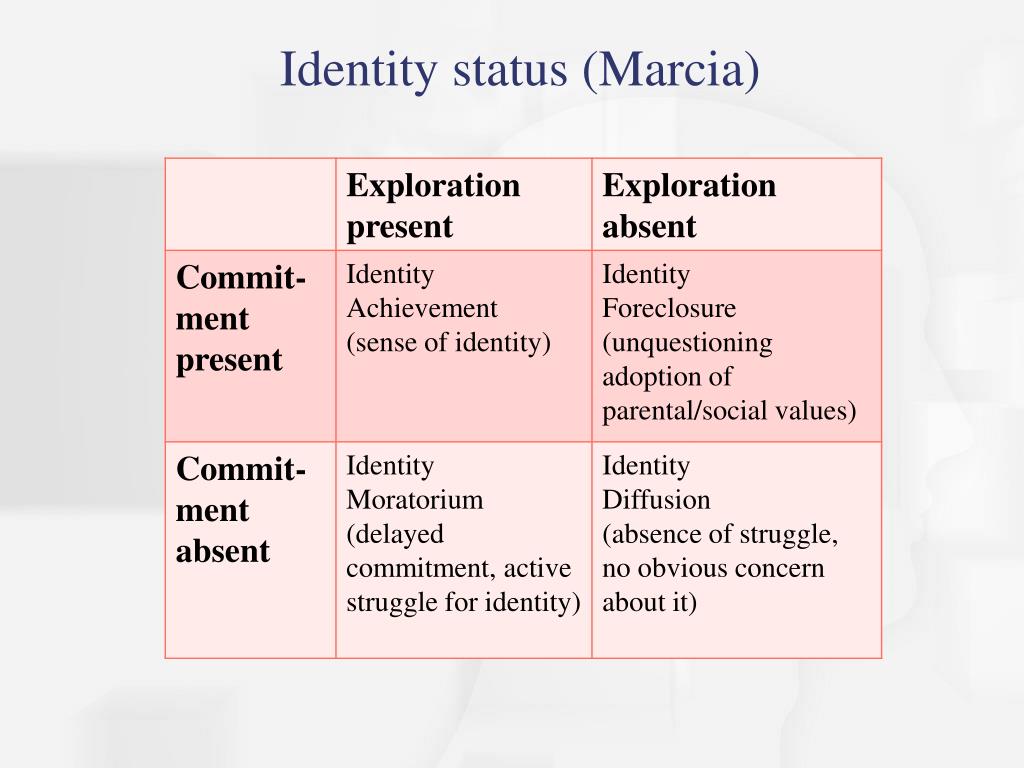 Divided nations are weak, so Putin's Russia has been providing behind-the-scenes support for independence movements across Europe and intervening in American politics to deepen the political divide in the US.
Divided nations are weak, so Putin's Russia has been providing behind-the-scenes support for independence movements across Europe and intervening in American politics to deepen the political divide in the US.
Secondly, national identity is of great importance for the quality of governance. The quality of public administration, that is, the efficiency of public services and the low level of corruption, depends on whether officials put the public good above the private.
Today, the development state is understood as a state that intervenes in economic life in some way to promote industrial growth and economic development, usually through building partnerships between the state and business circles, sometimes accompanied by conservative and nationalist slogans.In systemically corrupt societies, politicians and bureaucrats divert public resources to serve the interests of their ethnic group, region, tribe, family, political party, or line their own pockets because they do not feel the need to protect the interests of society.

This points to the third function of national identity - the promotion of economic development. If people are not proud of their country, they will not work for its good. A strong sense of national identity in Japan, South Korea, and China produced elites who were focused on the economic development of their countries rather than personal enrichment, especially during the first decades of rapid economic growth. This kind of social orientation underlies the state of development**; it is much less common in sub-Saharan Africa, the Middle East, or Latin America. Many groups, whose identity is based on ethnicity or religion, prefer to trade only with "their own" and use access to state power in the interests of only their own group. […]
The fourth function of national identity is to expand the circle of trust. Trust acts as a lubricant that facilitates both economic exchange and political engagement. Trust is based on the so-called social capital - the ability to cooperate with other people based on informal norms and shared values.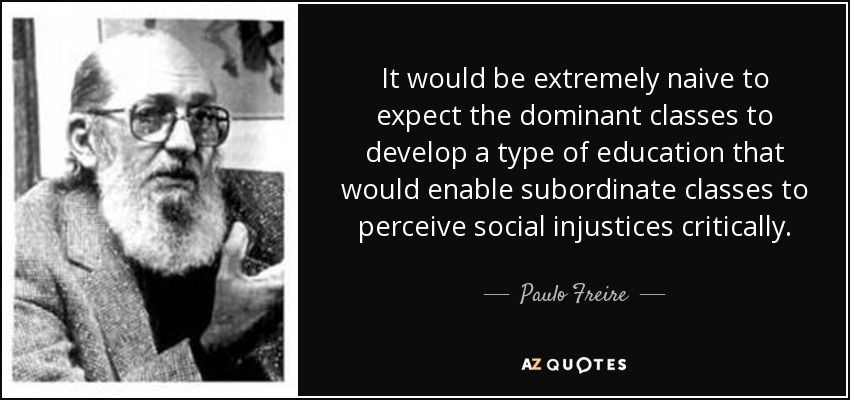 Identity groups help to build trust among their members, but their social capital is often limited to a narrow intra-group audience. At the same time, a strong identity often reduces trust between group members and "outsiders".
Identity groups help to build trust among their members, but their social capital is often limited to a narrow intra-group audience. At the same time, a strong identity often reduces trust between group members and "outsiders".
Trust ensures the prosperity of society, but for successful development, its range must be as wide as possible.
The fifth essential function of national identity is to maintain effective social safety nets that mitigate economic inequality. If members of a society feel like members of a "big family" and have a high level of trust in each other, they are much more likely to approve social programs that help their weaker fellow countrymen. Strong welfare states in Scandinavia rely on an equally strong sense of national identity. On the contrary, in societies divided into closed, isolated, social groups concerned only with their own well-being, these groups are likely to compete for resources, and someone will always be the loser.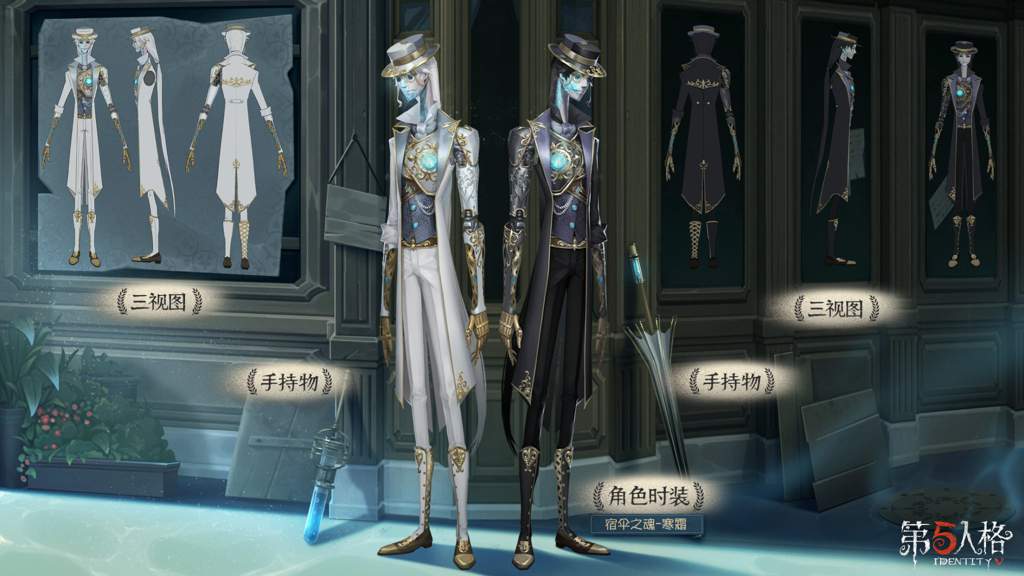
After all,
the task of national identity is to make liberal democracy itself possible.
Liberal democracy is an implicit contract between citizens and the government, and between the citizens themselves, whereby they give up certain rights in order for the government to protect other, more fundamental and important rights. National identity is built on the legitimacy of this treaty; if the citizens do not believe they are part of the same polity***, the system will not function. […]
TAG 47904 NOT FOUND
Follow us on Facebook, VK, Twitter, Instagram, Telegram (@tandp_ru) and Yandex.Zen.
In the "Open Reading" section, we publish excerpts from books in the form in which they are provided by the publishers. Minor abbreviations are indicated by ellipsis in square brackets. The opinion of the author may not coincide with the opinion of the editors.
Minor abbreviations are indicated by ellipsis in square brackets. The opinion of the author may not coincide with the opinion of the editors.
| In general, a sense of ethnic identity was not perceived as being incompatible wi th a sense of national identity . daccess-ods.un.org daccess-ods.un.org | In CE l ohm Chu Va ethnic and nt , AK ON OF feeling qi he al identity. daccess-ods.un.org daccess-ods.un.org |
| As President Lula once reminded us, Brazil is a democracy that is proud of its multi-ethnic population, [. daccess-ods.un.org daccess-ods.un.org | As President Lula once reminded us, Brazil is a democracy that is proud of its multi-ethnic population, drawing strength [...] and diverse cultural heritage, but section l yay shchi m strong sense of national sa m v yt 0094 sti. daccess-ods.un.org daccess-ods.un.org |
| This may have a negative [...] impact on the extent to which a sh ar e d sense of national identity e m er 900 [...] in variety. daccess-ods.un.org daccess-ods.un.org | This can be negative [. daccess-ods.un.org daccess-ods.un.org |
| As a relatively newly independent State, Kazakhstan faces the challenge of [...] promoting its independence and reasserting its State language and Kazakh culture while fostering an inclu si v e sense of national identity , w hi ch encompasses all national and ethnic groups . daccess-ods.un.org daccess-ods.un.org | Before Kazakhstan, a state that gained its independence from [...] recently, the task is to strengthen it [...] Independence and approval of the state language and the Kazakh cult p s in framework Raised I include inclusive h VS TV and de nt nt and imbued b s s e national and ethnic groups. daccess-ods.un.org daccess-ods.un.org |
| A sense of national identity d o es exist, elements of divisiveness notwithstanding.”11 [...] But how are we to understand the meaning [...] of being cultured in a society where above 70 percent of the population is illiterate? pfpconsortium.org pfpconsortium.org | Feelings about national identity on sa mo m de facto exists, despite elements of a split.”11 [...] But how can we understand the meaning of [...] expressions "to be cultured" in a society where 70 percent of the population is illiterate? pfpconsortium.org pfpconsortium.org |
| At this point, the [. unesdoc.unesco.org unesdoc.unesco.org | So the "concept" ubuntu [...] acquires an ethical character by supporting0094 sense of national identity . unesdoc.unesco.org unesdoc.unesco.org |
| Recent efforts made to trigger off a [...] cultural revival are beginning to fost er a sense of national identity , i n [...] Silk Roads and present-day [...] silk production are playing a role. unesdoc.unesco.org unesdoc.unesco.org | Recent efforts to [...] the revival of the country begins [. plays the influence of the former [...] Silk Roads and the current production of silk and silk products. unesdoc.unesco.org unesdoc.unesco.org |
| As discussed in Chapter 4, the Australian Broadcasting Corporation Act of 1983 sets out the [...] [...] Charter of the Corporation that spells out its functions, such as: providing high standard, innovative, and comprehensive broadcasting services, programs that contribute 9 a n d reflect the cultural diversity of the Australian community, cultural broadcasting diversity of the Australian community, unesdoc.unesco.org unesdoc.unesco. | Its broadcasts should promote a sense of national identity, reflect the cultural diversity of Australian society and be educational. unesdoc.unesco.org unesdoc.unesco.org |
| The objective is to inst il a sense of p a tr iotism a n d national identity , w hi le empowering young people for community and nation-building by molding character and leadership skills. daccess-ods.un.org daccess-ods.un.org | Our goal is that the PR and VI T of youth h U VST Patriotism and ION ION ALL and at the same time provide empowerment to people in 0094 t om , with regard to social and national construction, by strengthening their character and [. leader skills. daccess-ods.un.org daccess-ods.un.org |
| It impacts negatively on community member s’ 0094 e national identity a n d encourages prejudicial attitudes and even violent attacks on [...] community by members of the public. daccess-ods.un.org daccess-ods.un.org | This negatively affects e n a the feeling of belonging n r n R DS Tavitators is I On ACH N AC SCN AP ] attacks on members of the community by the population. daccess-ods.un.org daccess-ods.un.org |
| (c) Natural sciences-led component. Promotion and ownership of values linked to the preservation of [. natural heritage in all regions of Côte d'Ivoire, [...] since it is conducive to cohesion and to buildi ng a sense of s h ar ing the sa m e national identity ( S C) . unesdoc.unesco.org unesdoc.unesco.org | (c) Science component: Promoting and instilling conservation values [...] natural heritage in all [...] regions of Côte d’Ivoire, as vector in strengthening cohesion and f op identities (SC) unesdoc.unesco.org unesdoc.unesco.org |
| As the world’s most linguistically diverse nation, with [. 823 living languages spoken by a population of [...] er a sense of national a n d cult ur a l unesdoc.unesco.org unesdoc.unesco.org | Since this state is one of the most [...] multilingual population of 5.2 million people in the world to speaks 8 23 local languages this probably had more sha i dool z dr ab unesdoc.unesco.org unesdoc.unesco.org |
| The Special Rapporteur believes that in the current context of globalization, migration and multiculturalism, the con ce p t of national identity s h ou ld be handled in an inclusive way so as to allow individuals who do not identify with, for instance, cultural or historical elements of a given State to nonetheless establi sh a sense o f daccess-ods. daccess-ods.un.org | The Special Rapporteur believes that in the current context of globalization, mi g ra qi and and multiculturalism concept at q io to le identity should be treated in an inclusive way to allow persons who do not identify with, for example, cultural or historical elements of a given state, by developing a into those m not men e e sense of h selves and to avoid perceiving oneself as "other" or "alien". daccess-ods.un.org daccess-ods.un.org |
| National identity a n d t h e sense of b e lo nging to a Tunisian community based [. on secular solidarity had been consolidated by [...] the establishment of social programs and mechanisms to reduce poverty. daccess-ods.un.org daccess-ods.un.org | National identity and h s s to belonging to the Tunisian society [...] Secular solidarity is strengthened by [...] social assistance programs and mechanisms designed to reduce poverty. daccess-ods.un.org daccess-ods.un.org |
| In some contexts, such as the United Republic of Tanzania, the use of a si ng l e national l medium 909 instruction has helped fost er a 4 identity . unesdoc. unesdoc.unesco.org | In some contexts, such as the United Republic of Tanzania, used С os Ac. and e of the 9009 h eni i in schools sp O SO Article at in AL On the vaccination of Cho in V. O bcharcha. unesdoc.unesco.org unesdoc.unesco.org |
| Niyazov is himself from the [...] Tekke, although his lack of strong family ties may limit h i s sense of t r ib a l identity . crisisgroup.org crisisgroup.org | Niyazov himself comes from the Teke, although he does not have [. crisisgroup.org crisisgroup.org |
| The independent expert recognizes that minority communities are themselves diverse and that persons [...] belonging to minorities may have [...] io n s of t h e i r identity a n d sense of b e lo nging as well as diverse social and economic [...] relationships in their country of residence. daccess-ods.un.org daccess-ods.un.org | The independent expert acknowledges that minority communities are diverse in their [. composition and belonging to [...] It can have various experience of T , various P RO Blome, A B Ohms U CA m 90 sense of belonging, [...] and also have different socio-economic [...] relationships in the country of residence. daccess-ods.un.org daccess-ods.un.org |
| This intangible cultural heritage, transmitted from generation to generation, is constantly recreated by communities and groups in response to their environment, their interaction with [...] nature and their [...] history, and provides them wi th a sense of identity a n d continuity, thus promoting [.. respect for cultural [...] diversity and human creativity. unesdoc.unesco.org unesdoc.unesco.org | Such intangible cultural heritage, passed down from generation to generation, is constantly recreated by communities and groups depending on [...] their environment, their [...] Interactions with PR and O I and С TO and and forms in nor x Senses of identity [...] and succession, [...] thereby promoting respect for cultural diversity and human creativity. unesdoc.unesco.org unesdoc.unesco.org |
| In the case of people of African descent, this may entail ensuring the provision of bilingual education where relevant, and ensuring that curricula value and respect the history, culture and contributions that people of African descent have made to their nations and global development in [. order to promote their [...] recognition within society a 9[...] young people of African descent. daccess-ods.un.org daccess-ods.un.org | For people of African descent, this could mean providing bilingual education when needed, including curriculum components that teach the value and respect for history, culture and the contributions made by people of African descent to [...] development of their countries and [...] in global development s te m to promote them pr of to in society and [...] contribute to the formation of [...] sense of identity, especially among children and youth of African descent. daccess-ods.un.org daccess-ods. |
| Ensuring that human resources are strengthened and professionalized in such countries remains a crucial objective of [...] the program, and the attention of Member [...] States was drawn to the irreparable losses they were liable to suffer in t er m3 e ri tage, history a n d national identity . unesdoc.unesco.org unesdoc.unesco.org | One of the most important goals of the program is to strengthen and improve the professional level [...] human resources and attention [...] Member States apply for non-refundable and we I Character In TRA You Cult U РН Heritage, History on TsYETICALS AREL . unesdoc.unesco.org unesdoc.unesco.org |
| He asked why the National Security Strategy included a [...] section on culture devoted to the preservation [...] hn i c identity of national m i no rities 90. daccess-ods.un.org daccess-ods.un.org | He asks why the National Security Strategy includes [...] cultural preservation section [...] history, culture, spiritual values s te th and ethnic identity n ats and she el daccess-ods.un.org daccess-ods.un.org |
| The new integration strategy for 2008–2013, drawn up by the Minister for Population and Ethnic Affairs, included the [. goal of boosting the [...] teaching of Estonian and t h e national identity of E s to ESTnia ( [...] par. 37). Nevertheless, [...] it was surprising that a department of the Ministry was authorized to visit private firms to determine the proficiency of their workers in the Estonian language and to levy fines or order the dismissal of workers whose Estonian language skills were not up to par. daccess-ods.un.org daccess-ods.un.org | Mr. Thornberry, noting that the new Integration Strategy 2008-2013, developed by the Minister of Population, has been sent, inter alia, to [...] for wider [...] use Estonian o yaz yk a and for strengthening n a qi he Estonian identity [. (CERD/C/EST/8-9, paragraph [...] 37), expresses surprise at the fact that employees of one of the departments of this ministry are authorized to visit private enterprises to assess the knowledge of the Estonian language of their employees and to impose fines or seek dismissal of those who do not speak Estonian well enough. daccess-ods.un.org daccess-ods.un.org |
| In this regard, the Special Rapporteur recommends that all relevant stakeholders give due attention to and closely monitor the issues [...] discussed in chapter II, [...] such as the way in which the con ce p t of national identity i s d ebated [...] the presence of socio-economic [...] discrimination against members of specific groups of the population, as well as political manipulation of racist or nationalist ideology. daccess-ods.un.org daccess-ods.un.org | In this regard, the Special Rapporteur recommends that all relevant stakeholders pay due [...] attention to matters, [...] set out in chapter II, such as to hara kt e r discussion of the concept at ts io at flax specific identity [...] country, availability [...] socio-economic discrimination against representatives of certain groups of the population, political manipulation on the basis of racist or nationalist ideology. daccess-ods.un.org daccess-ods.un.org |
| However, document 156 EX/36 [...] states in that regard that “the few replies received fr o m National C o mm issions … were insufficient to provide a gen er a l sense of t h e way in which the recommendations from Durban are being addressed”; [. and the replies from [...] the NGO networks “were also insufficient in number to gain a true insight”. unesdoc.unesco.org unesdoc.unesco.org | However, in the document156 [...] EX/36 noted in this connection that “replies received several and 0093 le fees… are not sufficient for the general recommendations on how the recommendations [...] accepted in Durban", and [...] that the number of responses from NGO networks is “also not enough to get a true picture”. unesdoc.unesco.org unesdoc.unesco.org |
| Bearing in mind the major responsibility entrusted to UNESCO by the Afghan authorities and the United Nations Assistance Mission in Afghanistan (UNAMA) for the overall coordination of efforts aimed at the safeguarding of Afghanistan’s cultural [. heritage and the importance of this [...] heritage for t h e national identity of t h e Afghan people, [...] the Executive Board approved the [...] establishment of an International Coordination Committee for the Safeguarding of Afghanistan’s Cultural Heritage. unesdoc.unesco.org unesdoc.unesco.org | Aware of the important responsibility placed on UNESCO by the Afghan authorities and the United Nations Assistance Mission in Afghanistan (UNAMA) in the overall coordination of efforts aimed at safeguarding the cultural heritage of this [...] countries, and recognizing the importance of [...] this cultural n a sl ed and i in oz ro 4 national waiting [. identity of the Afghan people, [...] The Council approved the establishment of an International Coordinating Committee for the Safeguarding of the Cultural Heritage of Afghanistan. unesdoc.unesco.org unesdoc.unesco.org |
| (b) To develop and maintain adequate law enforcement and investigative capacity to keep abreast of and deal with new developments in the [...] exploita ti o n of i n fo rmation, communications and commercial technologies in economic fraud and identity-related crime, including websites and other online forums used to facilitate trafficking in identity information or documents, such as passports, driving license s o r national identity c a rd s daccess-ods. daccess-ods.un.org | b) develop and maintain adequate law enforcement and investigative capacity [...] bodies for the continuous recording and analysis of new changes in the use of information, communication and commercial technologies pr and [...] E K Nomic fraud and crimes using personal data, including the use of websites and other forums online for the assistance of NEZ A K about Trading L IC N data or and documentation such as passports, driving licenses and national identity cards daccess-ods.un.org daccess-ods.un.org |
| For an organization with such diverse programs as [...] UNESCO, the communication of information to [. unesdoc.unesco.org unesdoc.unesco.org | For organizations with programs as diverse as UNESCO, transfer questions [...] information to her staff as in [...] Headquarters and division i x on IU Article Ah and m She t The most important and e 9009 art wa organizational identity [...] and commitment to the goals of the Organization. unesdoc.unesco.org unesdoc.unesco.org |
| Reaffirming its conviction that human rights must be viewed in a holistic manner, as indivisible, interrelated and mutually reinforcing, [.. Bhutan stated that the [...] universal periodic review process had imbu ed a sense of g r ow ing confidence among ma n y national a g en cies involved in the protection and promotion [...] of human rights. daccess-ods.un.org daccess-ods.un.org | Convinced that human rights must be considered in a holistic manner as indivisible, interrelated and mutually reinforcing [...] items, Bhutan declared [...] that the process of universal periodic s ko th review s n special BS is the formation of h UV Article in and growing in r ENN OS for many national institutions, [. protecting [...] and promotion of human rights. daccess-ods.un.org daccess-ods.un.org |
| Unequal treatment was permissible, on the other hand, [...] where citizenship was a relevant qualification for a particular job, for instance a Ministry of Defense position that called for a st ro n g lty. daccess-ods.un.org daccess-ods.un.org | On the other hand, unequal treatment is allowed if [...] citizenship is a proper requirement for any B On the specific Ra B you, for example, in the Ministry of Control O , G Requires to Chu Sun Sun. daccess-ods.un.org daccess-ods.un.org |
| For vulnerable people, (such as the physically or mentally challenged, the socially [. disadvantaged or marginalized and those who have been rehabilitated) participation and new social [...] contacts in joint activities can be crucially important for rehabilitat io n , identity b u il ding or for t h e sense of a go od and happy life. kolarcticenpi.info kolarcticenpi.info | For the category of socially vulnerable people (for example, those with limited physical or mental abilities, socially disadvantaged, not accepted [...] society, as well as rehabilitated) communication and new contacts in [...] joint activity m may be Life N EXTRACT and We MI for at TA I I I I I I Personal to lu che positive submission [. |
 ..] which draws on rich and varied cultural heritages but shares a st ro n g sense of national identity .
..] which draws on rich and varied cultural heritages but shares a st ro n g sense of national identity . 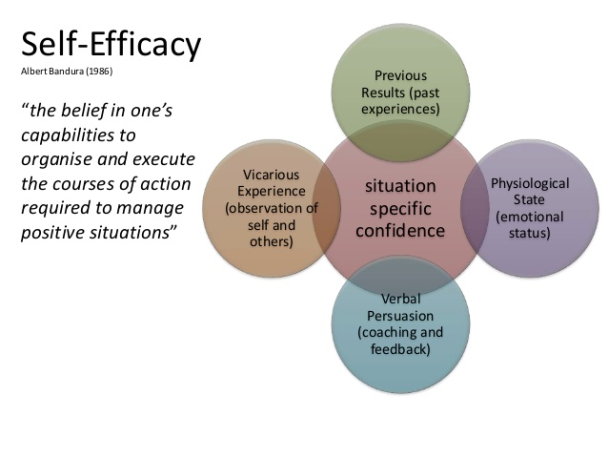 ..] to influence the degree of formation of a sense of national identity
..] to influence the degree of formation of a sense of national identity 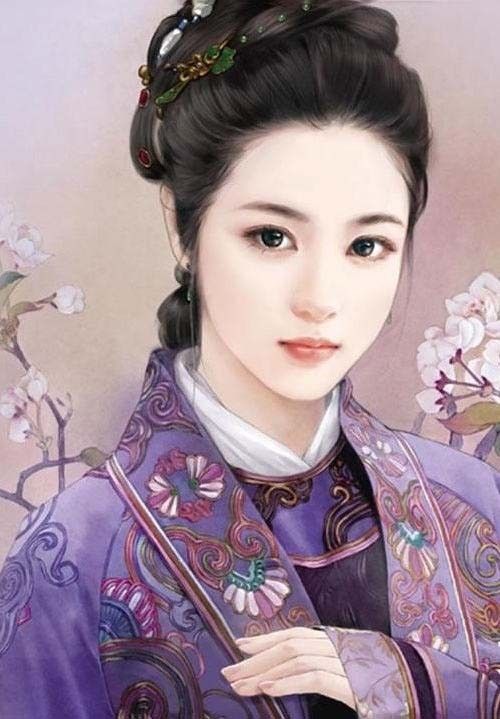
 ..] ‘notion’ of Ubuntu assumes an ethical character in forging a n e w sense of national identity .
..] ‘notion’ of Ubuntu assumes an ethical character in forging a n e w sense of national identity .  ..] bear fruit, contribute to with TV the formation of national feelings and de de n tich but sti, in which a large role [...]
..] bear fruit, contribute to with TV the formation of national feelings and de de n tich but sti, in which a large role [...] 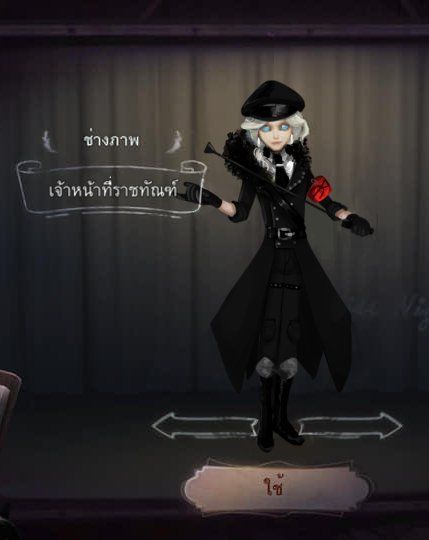 org
org 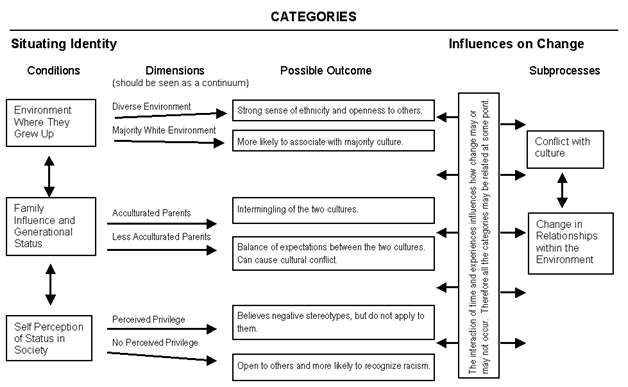 ..]
..] 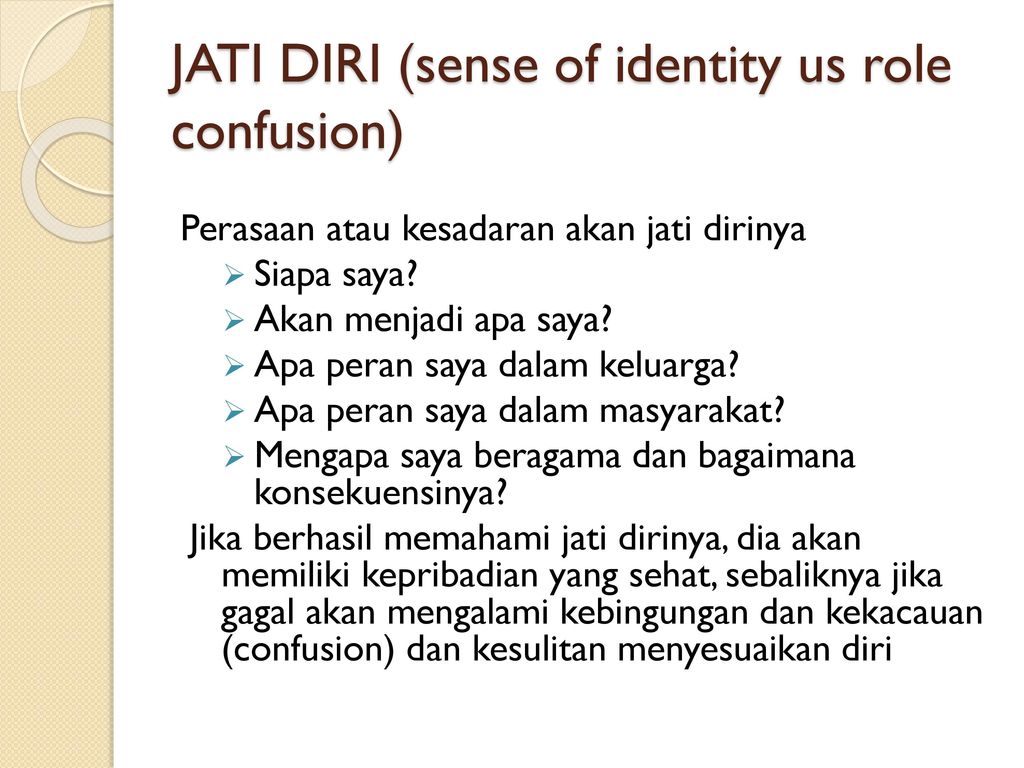 ..]
..] 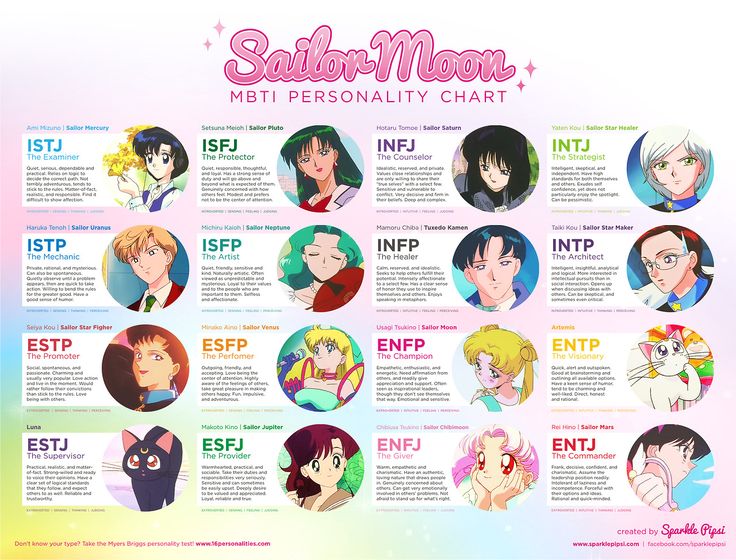 ..]
..]  un.org
un.org 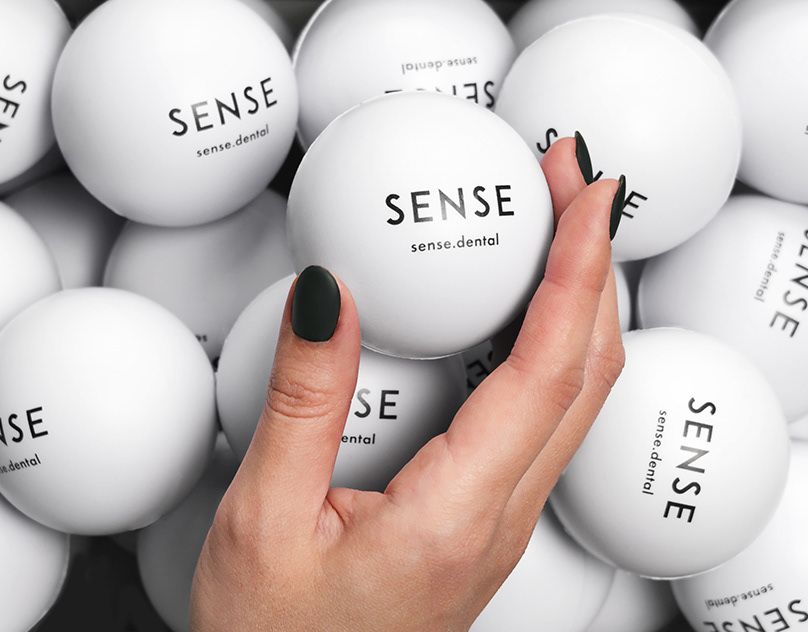 ..]
..]  unesco.org
unesco.org 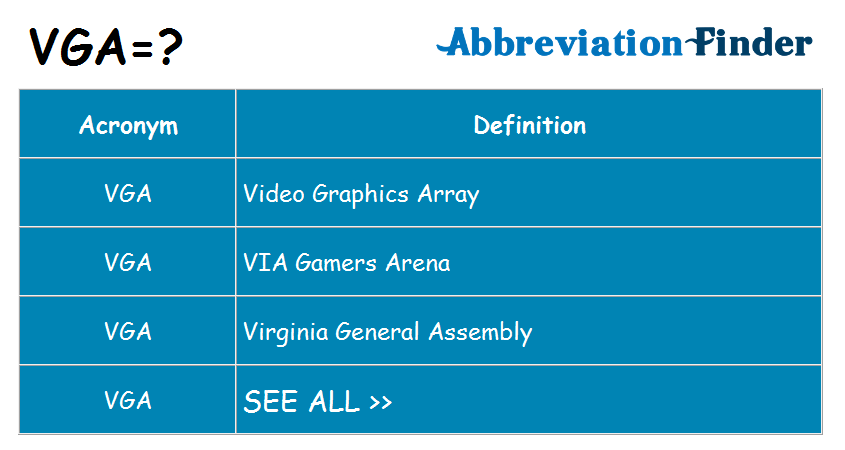 ..] strong family ties, possibly limited and va em his os pr en and e tribal ri n adl ezh
..] strong family ties, possibly limited and va em his os pr en and e tribal ri n adl ezh  ..]
..] 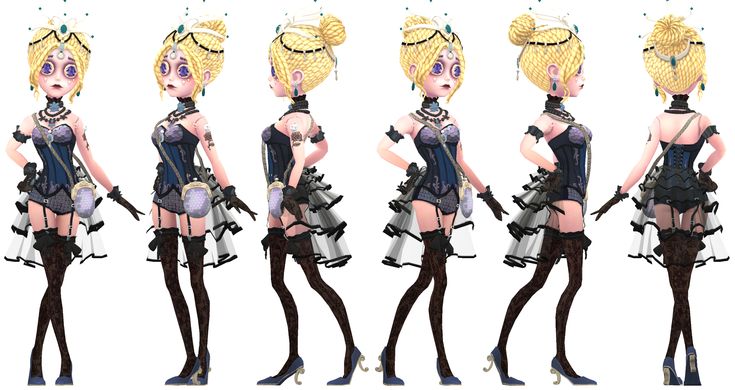 .]
.]  ..]
..] 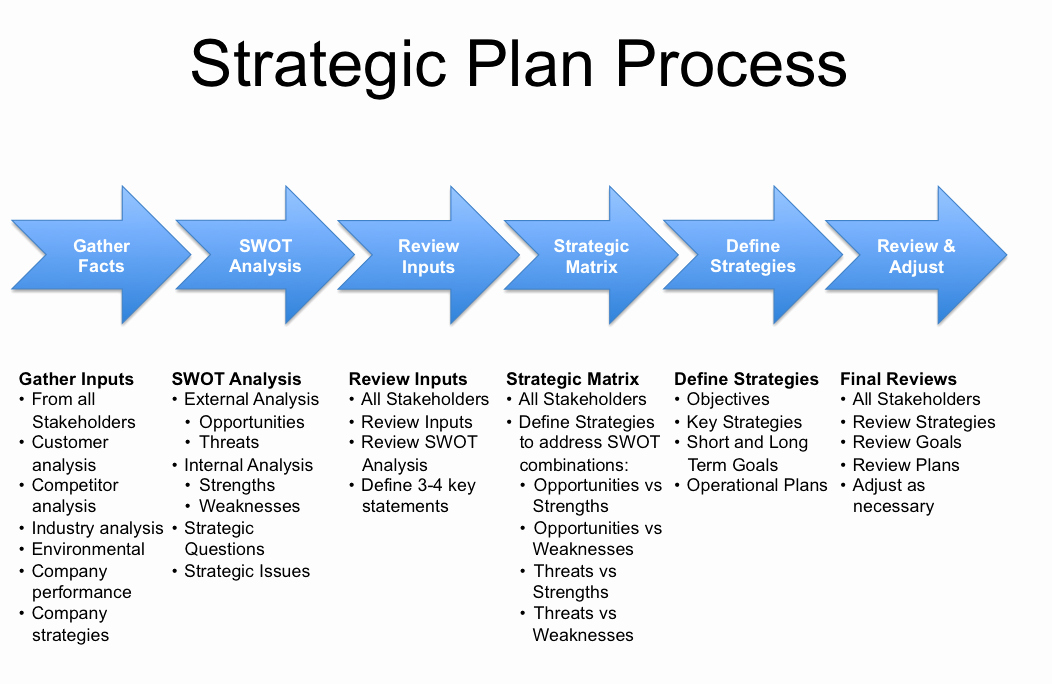 un.org
un.org 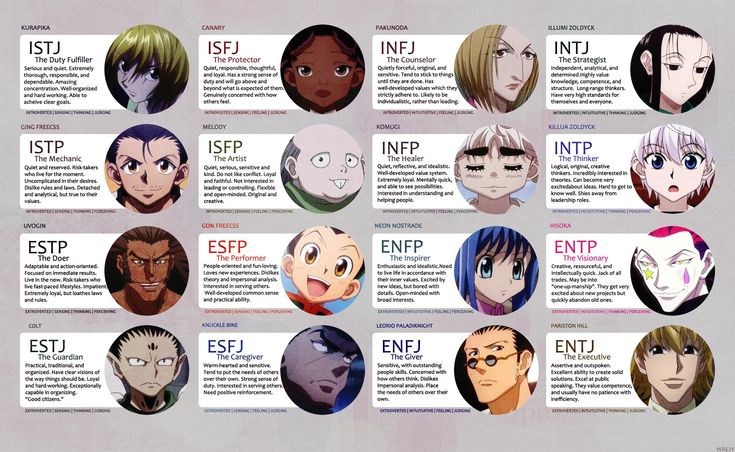
 ..]
..] 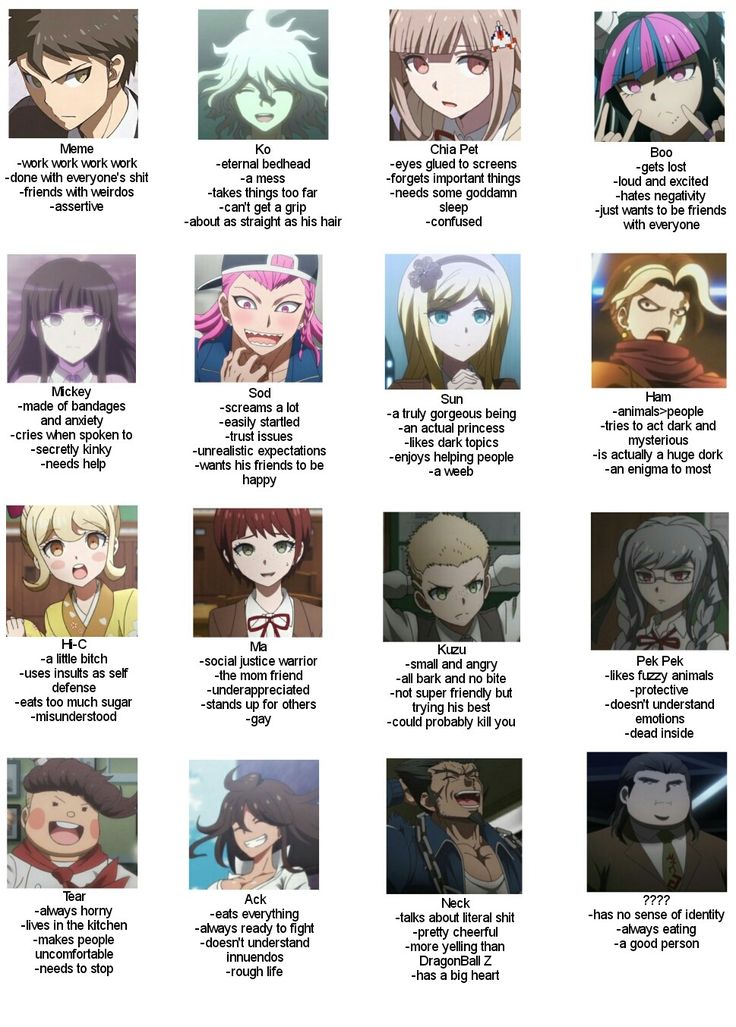 ..]
..] 
 ..]
..]  ..]
..] 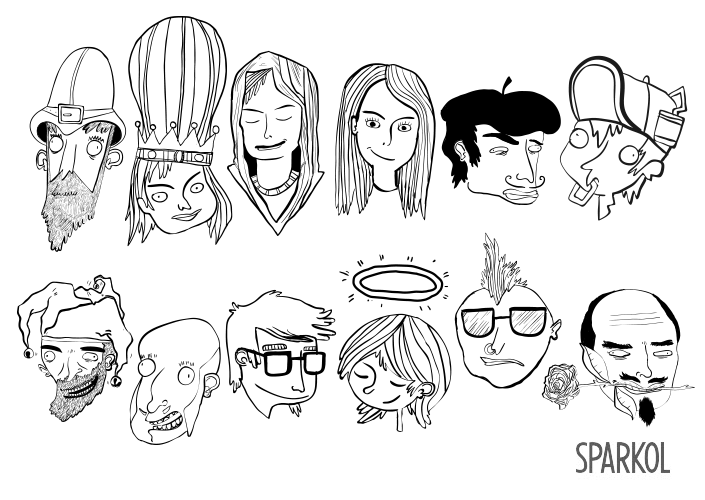 ..]
..] 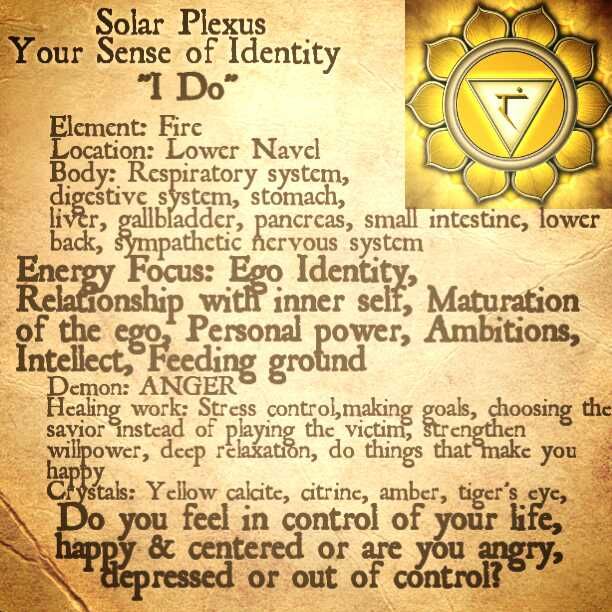 un.org
un.org 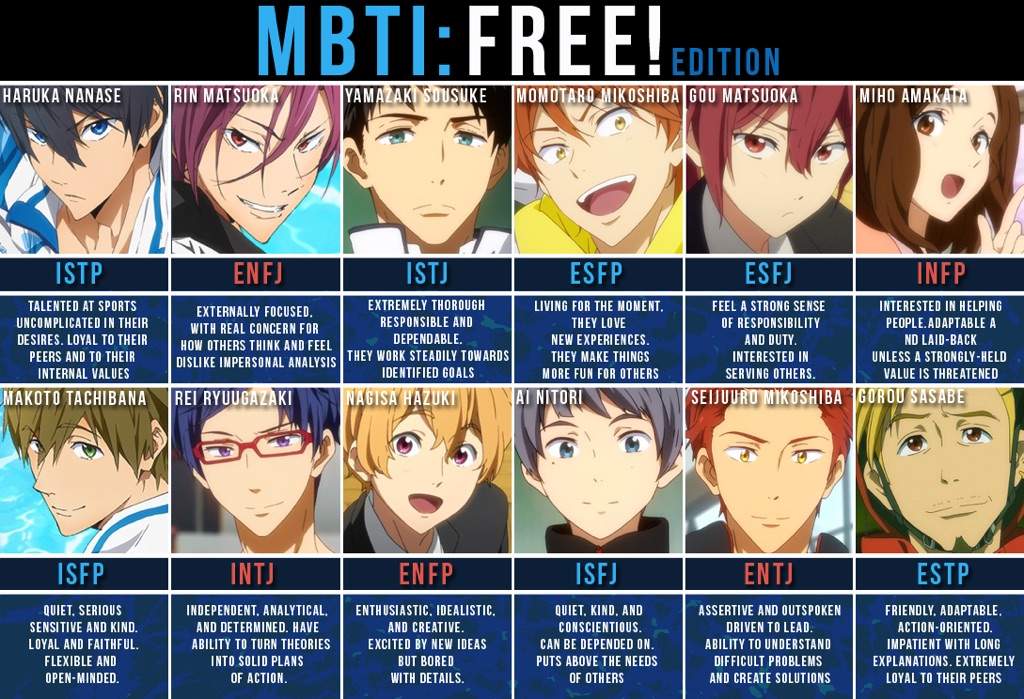 ..] its staff both at headquarters and in the field is crucial in fosteri a n d commitment.
..] its staff both at headquarters and in the field is crucial in fosteri a n d commitment. 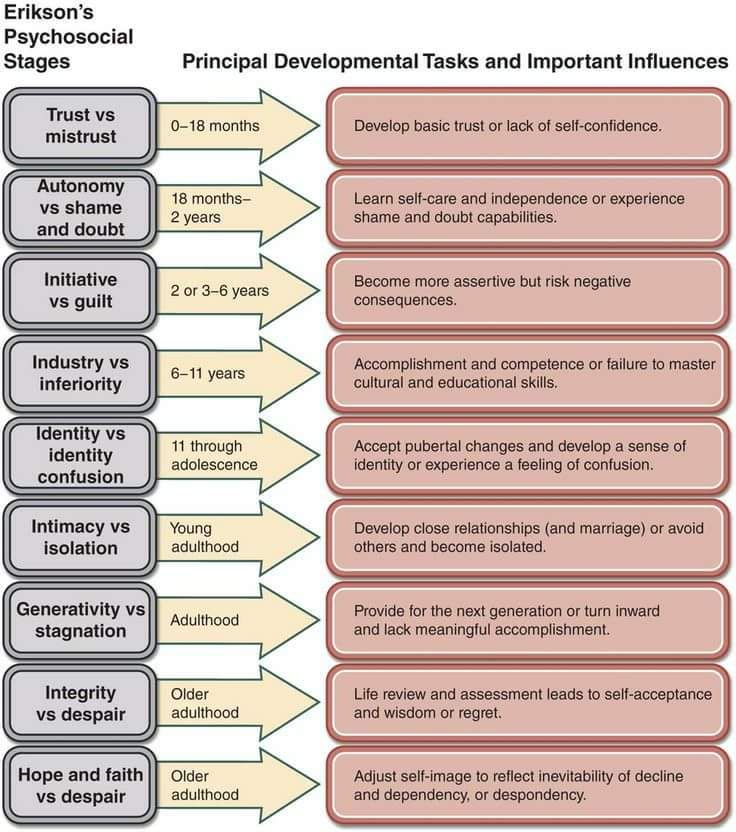 .]
.] 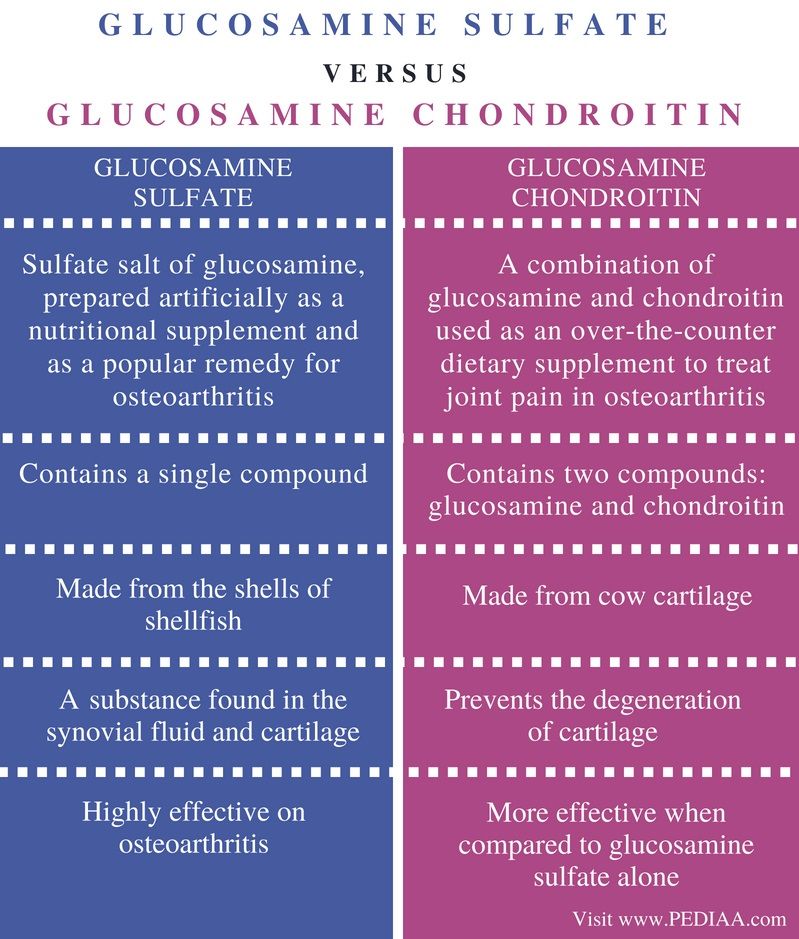 ..] [...]
..] [...]  ..]
..] 